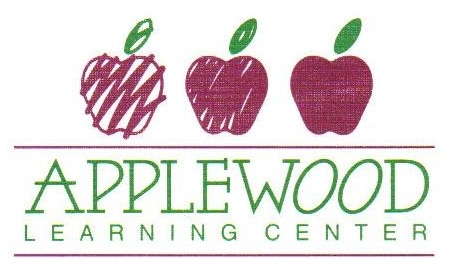In contemporary society, with our focus on achievement, the question of why children play is one that if often asked. Why do we permit children to play in the block area rather than sit them down with a worksheet to learn the numbers? Why are children in the dramatic play area playing restaurant and doctor’s office rather than being taught letters? I will venture to argue that the child in the dramatic play area IS being taught letters, and while he’s at it, he’s learning how to problem solve, navigate social situations, foster his own creativity, and have FUN! It is this final part that is the true benefit of play, for a child can learn letters and numbers through worksheets and didactic practice, but the child is less likely to retain that education if they are not enjoying the process of learning.
The forty year-long study of preschool education, the Perry Preschool Project, has proven the importance and necessity of a high quality preschool education. What it has neglected to emphasize to the public is that the “high-quality” preschools they are using, the High Scope preschools, are PLAY-BASED preschools. Children in these programs are not being drilled with memorization tasks and worksheets, but they are engaged in building buildings in the block area, they’re painting their own innovative creations at the easel, they’re reading storybooks with their friends and a trusted teacher, in other words, they’re playing. All of this play, when paired with a teacher who asks questions that encourage critical thinking, is an incredibly powerful learning tool. Who among us hasn’t learned a new skill by “messing about?” When someone wants to learn to knit, do they do a worksheet on knitting? No, they pair up with a more skilled knitter, pick up their knitting needles and give it a try.
Take some time and watch your child play, ask them some open-ended questions about what they’re doing, and see where it takes you both – you’ll be amazed!

